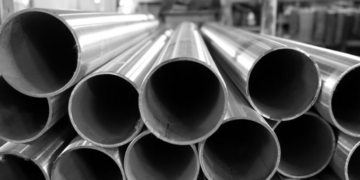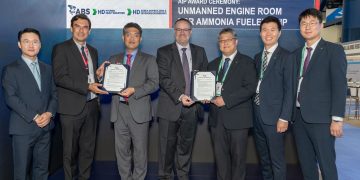US to fund projects for fuel cell technologies
The US Department of Energy has announced up to $32.5 million in federal funding for cost-shared research and development to advance solid oxide fuel cell technologies. SOFC R&D aims to create efficient, cost-effective electricity generation from domestic coal and natural gas resources, with minimal use of water and near-zero atmospheric emissions of carbon dioxide and pollutants.
Read more



































































